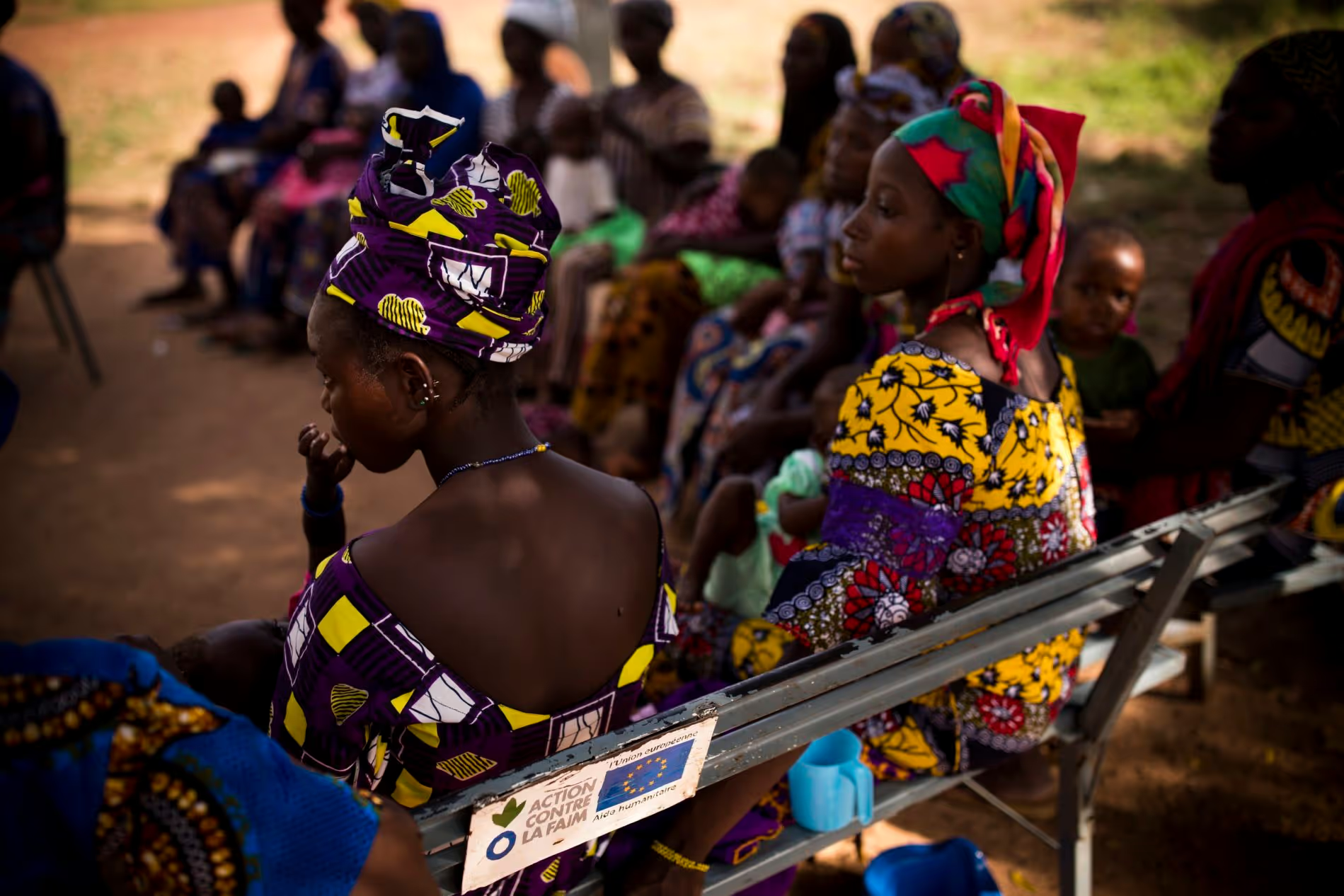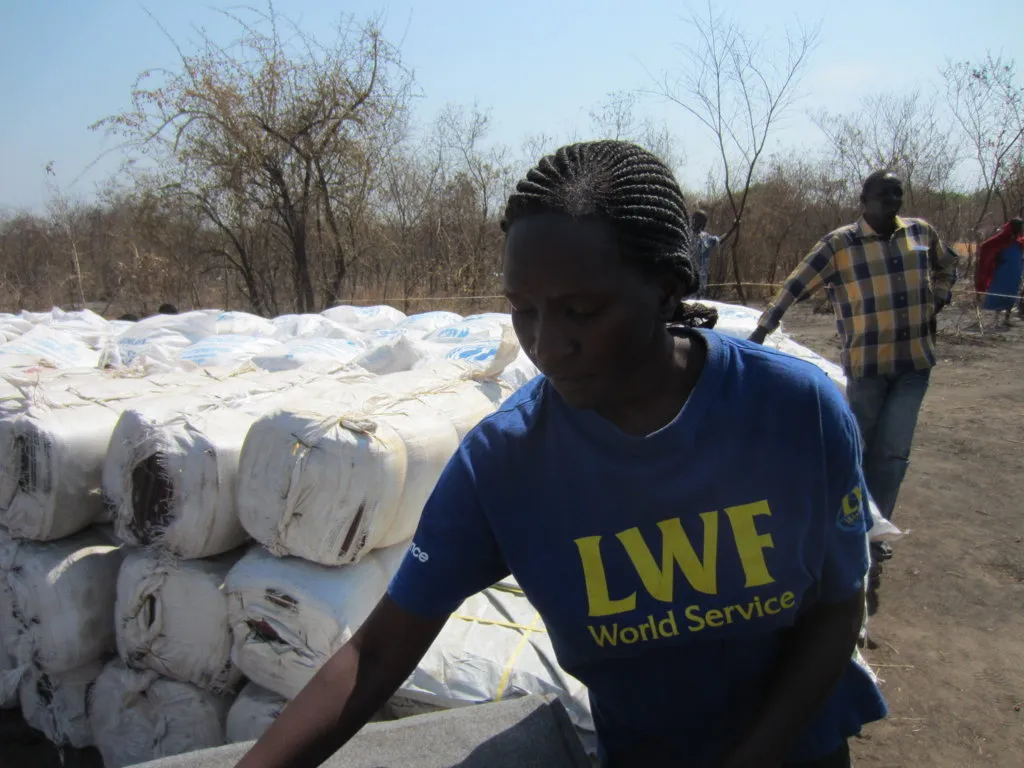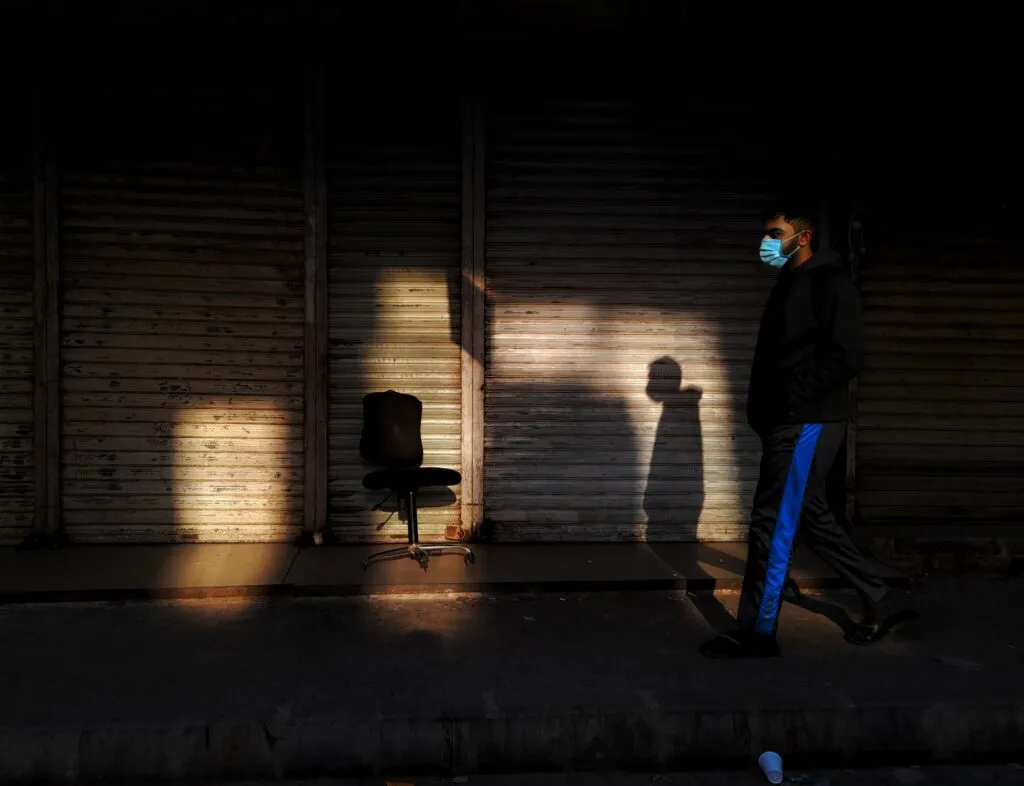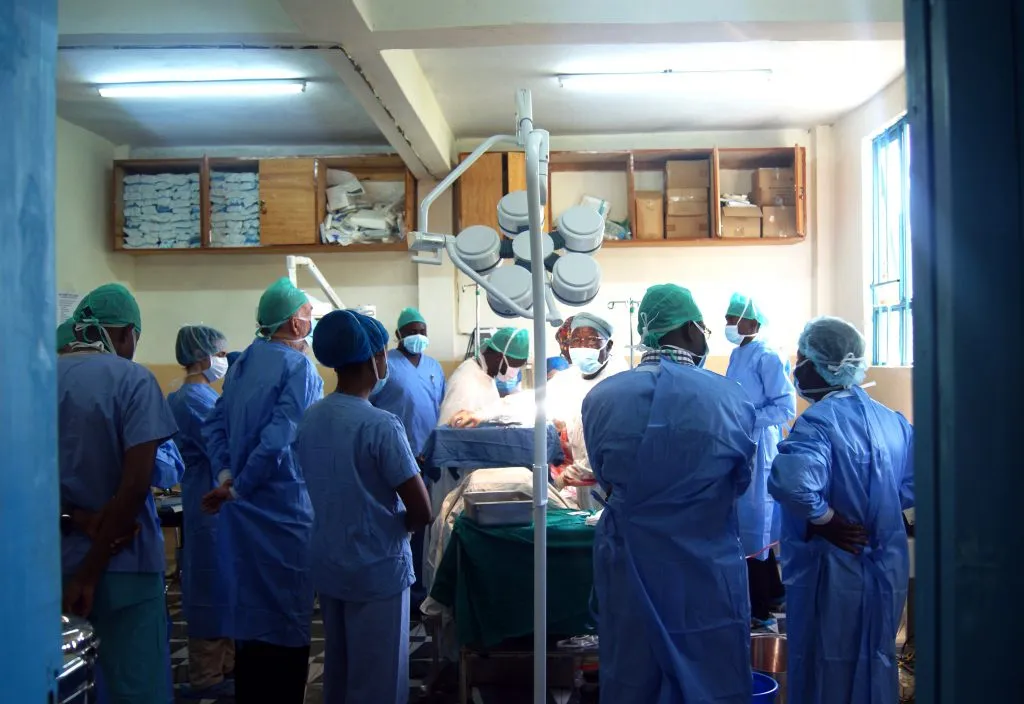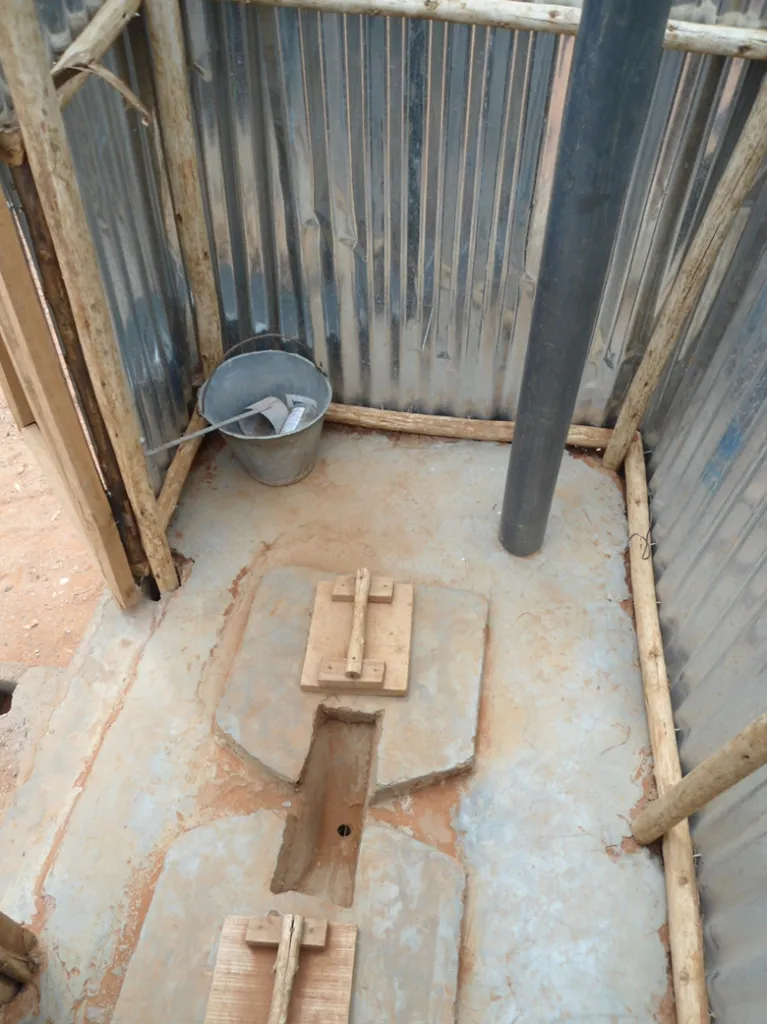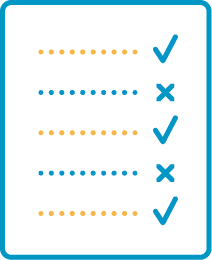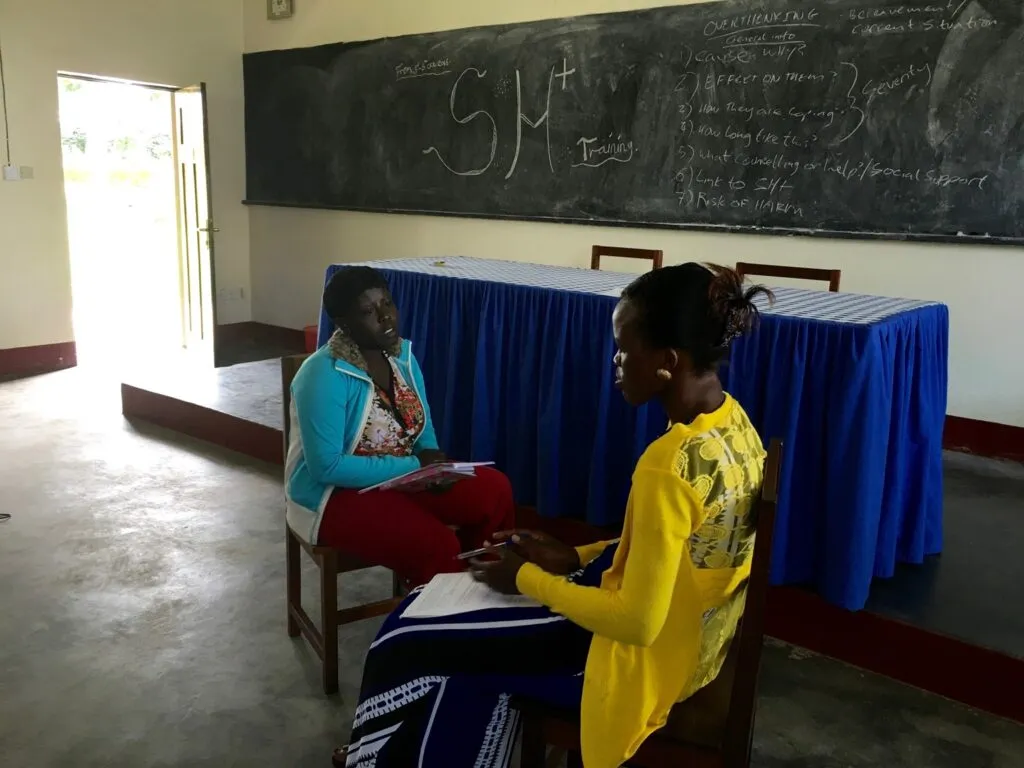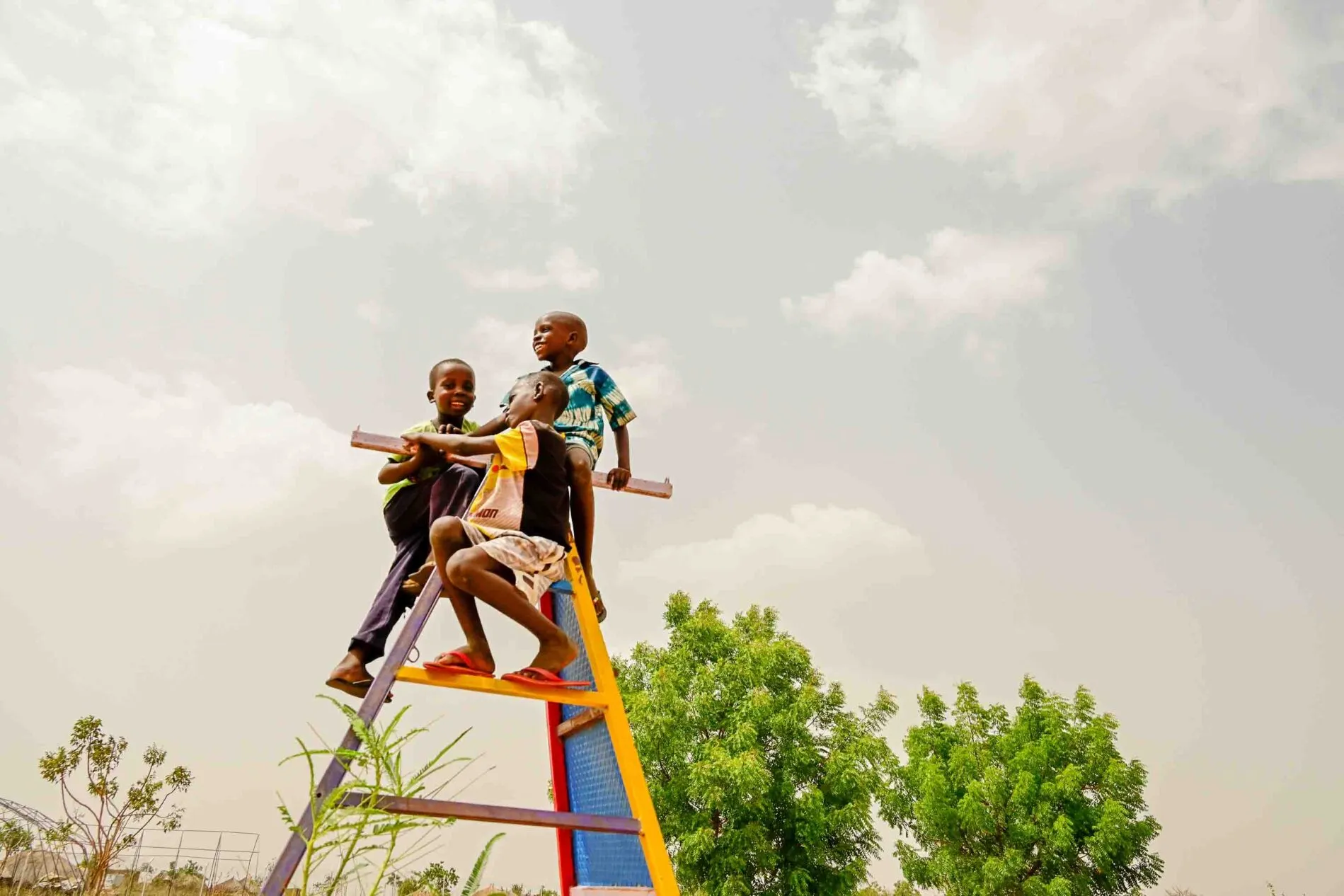We have been at the forefront of humanitarian research for more than a decade, contributing to the growing body of evidence produced to inform humanitarian policy and practice. At the same time, researchers and their funders – including us – are increasingly called upon to demonstrate the impact of research. It is critical that publicly funded evidence is reaching humanitarian stakeholders who can use it to improve programmes, policy and practice for people affected by crisis.
But the reality of doing this is not easy. As we explored in our 2021 learning paper, ‘From Knowing to Doing’, there are multiple barriers for humanitarian researchers and their partners in translating evidence into use. Even when things go perfectly, the pathway for research to influence practice can take a long time – well beyond the timeline of a single study.
We’ve been working closely with our grantees over the last few years to tackle these barriers. We provide resources to support grantees in stakeholder engagement and research communications (including guidance, tailored workshops and financial support) and help to amplify the studies we fund through convening and communications. We also collect data so we can better understand the impact each R2HC-funded study has on humanitarian knowledge, capacity, networks, and policy/practice. While research impact case studies are available as a learning tool, those generally available do not speak to the complexity and challenges faced when producing research in humanitarian crisis contexts. This is a gap we are well positioned to address, and our case study series attempts to do this. Such learning is crucial to ensure that evidence of what works can be translated and applied in humanitarian response.
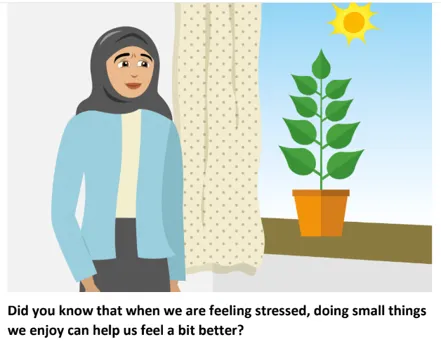
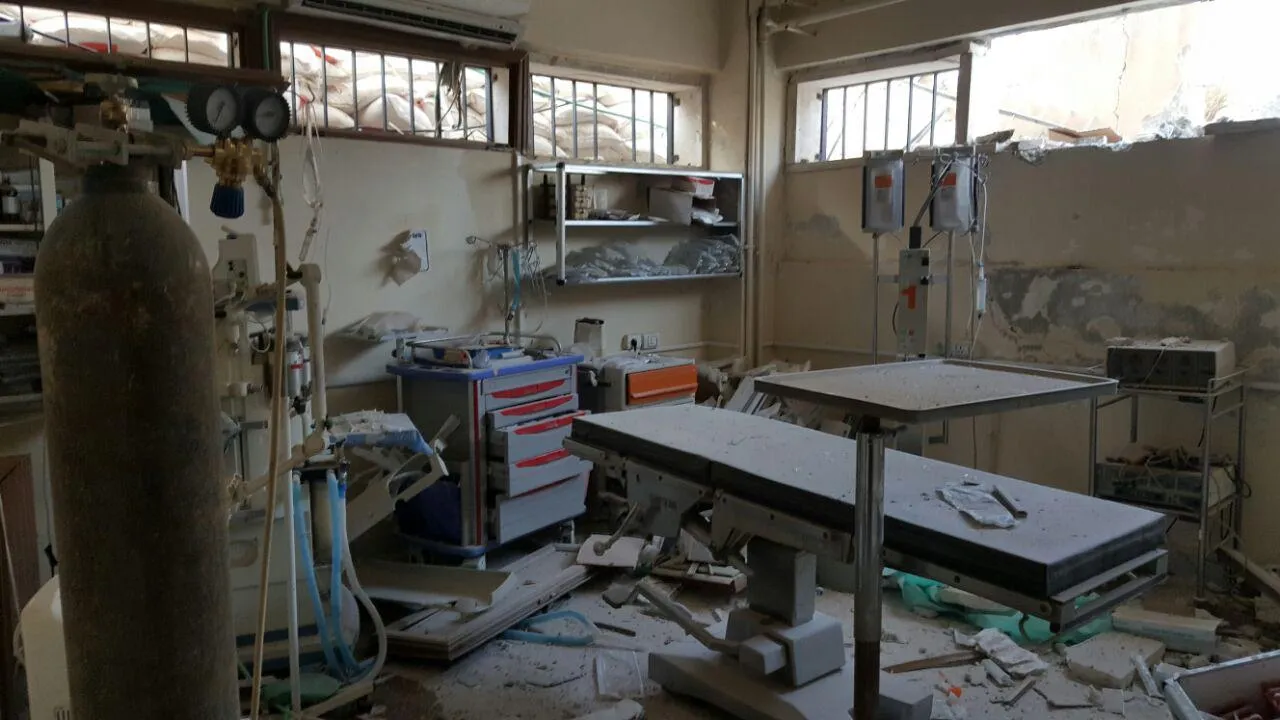
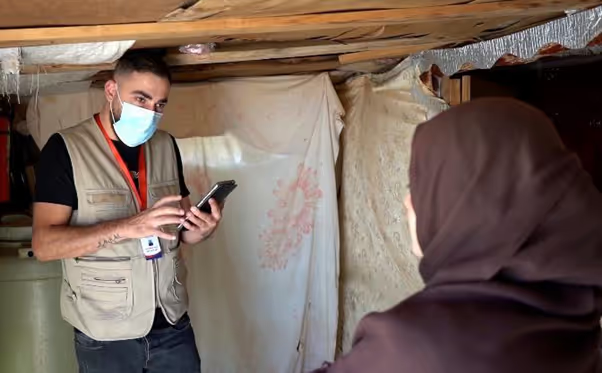
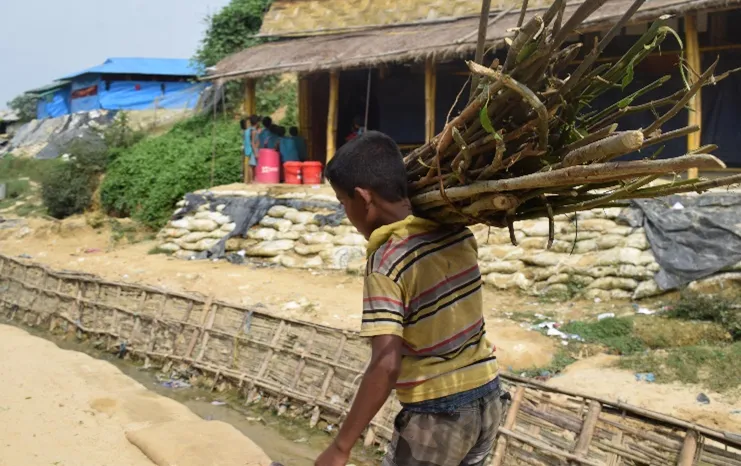
.webp)
